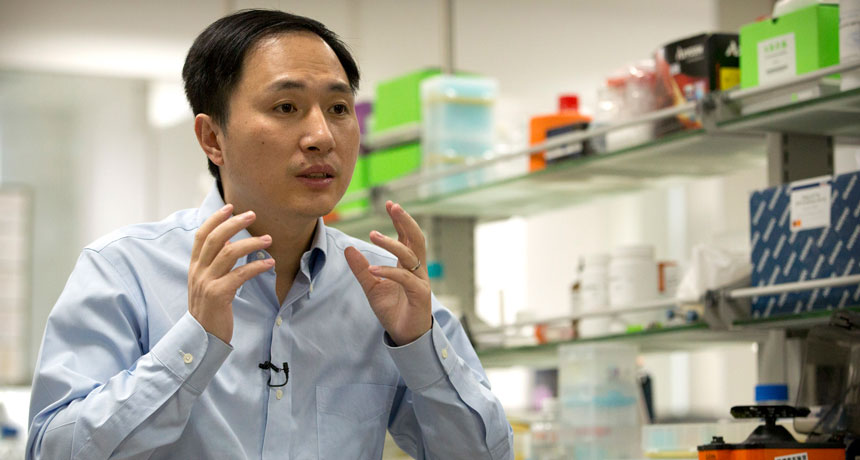
The twin sisters Lulu and Nana, who were born as a result of the application of CRISPR genetic engineering technology to human embryos by He Jiankui, a scientist at China’s Southern University of Science and Technology, may live below average life expectancy.
This genetic modification was conducted with the aim of inactivating a gene called CCR5 to prevent HIV infection. However, when the UC Berkeley research team analyzed the DNA of more than 400,000 people in the UK biobank and the age of death of the volunteers who provided it, it was found that those who did not work with CCR5 had an average lifespan of 20% shorter than those of normal people.
As a result of examining the records, people whose CCR5 gene does not function due to mutations, etc., are more susceptible to diseases such as mosquito-borne infectious diseases and flu. People with genetic mutations died younger than others for an average of 1.9 years.
It is not known whether sisters born through genetic modification will die so quickly, but the researchers who examined the data believe the findings will be a warning against the easy manipulation of human genes.
For example, a study published earlier this year in Cell found that people without CCR5 were more likely to recover quickly from stroke or traumatic brain injury. It has not yet been fully elucidated, but it shows that CCR5, as well as many other genes, has multiple functions. In other words, if you inactivate some of your genes for the purpose of not being infected with HIV, other unexpected functions may be destroyed or vice versa.
The unexpected result is one of the concerns for those who oppose human genetic modification. Even for practical use in the future, it seems that there are still many points to be examined over time. Related information can be found here .

